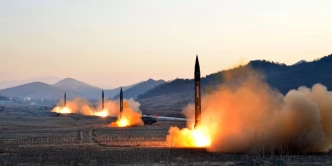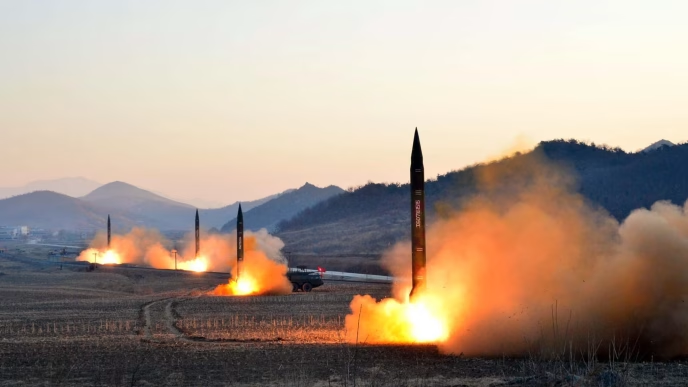The possibility of Iran launching a nuclear attack on Israel remains highly improbable despite escalating tensions and provocative rhetoric. Iran has advanced its nuclear program significantly but maintains that its intentions are peaceful, such as energy production. Its leadership has declared nuclear weapons forbidden under Islamic law, although some officials have hinted they might reconsider if Iran’s existence is threatened.
Iran’s military strategy focuses more on deterrence than offense, possessing a large missile arsenal primarily for defense. While Iran has threatened retaliation for attacks on its nuclear sites, these threats are largely seen as part of a deterrence strategy rather than intent to launch a nuclear strike.
A nuclear attack on Israel would have catastrophic consequences, as Israel is believed to have nuclear capabilities and would likely respond with overwhelming force. Such a move would also isolate Iran internationally and invite severe sanctions, counterproductive to its interests.
In summary, despite tensions and developments in Iran’s nuclear program, the likelihood of a nuclear attack on Israel remains very low due to the massive risks and consequences involved. Continued diplomatic efforts remain essential to preventing escalation and ensuring regional stability.















